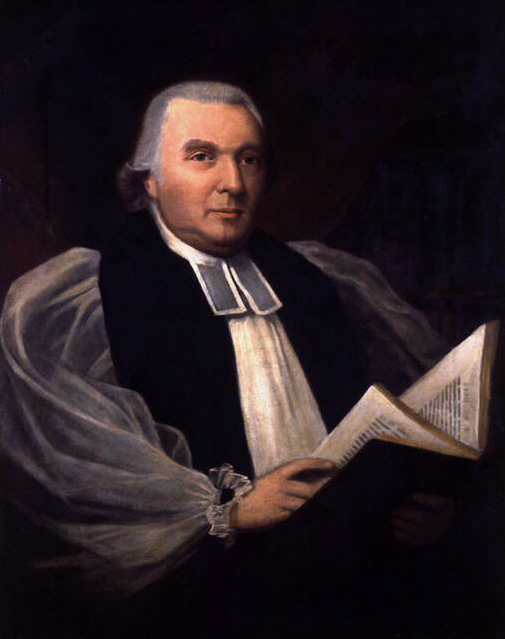WHO WE ARE
The Episcopal Church – Beliefs
The Episcopal Church has a legacy of inclusion; aspiring to share and exemplify God’s love with all. Come as you are; you are welcome here. A brief overview of our beliefs and practices:
- We strive to love our neighbors as ourselves and respect the dignity of every person
- We believe in amendment of life, the forgiveness of sin, and life everlasting
- Lay people exercise a vital role in the governance and ministry of our church
- Holy Communion may be received by all baptized Christians, not only members of the Episcopal Church
- Both men and women – including those who are married – are eligible for ordination as deacons, priests and bishops
- We affirm that all have a right to follow their own conscience on matters of self-determination, such as gender identification, preferences, birth control, or life choices
- We affirm that committed relationships are ideally lifelong and monogamous, but also recognize that there is grace after divorce and do not deny the sacraments to those who have been divorced
- We celebrate our unity in Christ while honoring our differences, always putting the work of love before uniformity of opinion
- We believe that God loves you – no exceptions
Presiding Bishop Michael B. Curry Practices the Way of Love
The Most Reverend Michael Curry became presiding bishop of the Episcopal Church in 2016. In this interview with PBS News Hour’s Judy Woodruff, he reflects on the church’s strengths and challenges.

1762-1784 – Episcopal Church Origins
Efforts were made toward building the first Episcopal church in the Connecticut colony around 1762. The Congregational Church was the established state-supported church in the colony, however, and for many years other denominations were actively discouraged. After a stone foundation was laid for what would be Christ Church in Hartford, a lack of funds and the outbreak the American Revolution frustrated the efforts of the Episcopalians until 1792 when construction began. Completed in 1795, the church was built in a typical style of the day—a white clapboard meetinghouse. Eventually a cathedral was built on land nearby. During the Revolutionary War, Episcopalians often were looked upon as traitors because of their affiliation with the Church of England.
Samuel Seabury, a native of Groton, Connecticut, was consecrated in Aberdeen, Scotland (where he was not required to pledge allegiance to the British crown) in 1784, as the first Bishop of Connecticut. The Diocese of Connecticut was the first Diocese of the Episcopal Church in the United States. Bishop Seabury convened the first Convocation (Convention) the following year in Middletown, Connecticut. Learn more about the history of the Episcopal Church in the U.S. here.
